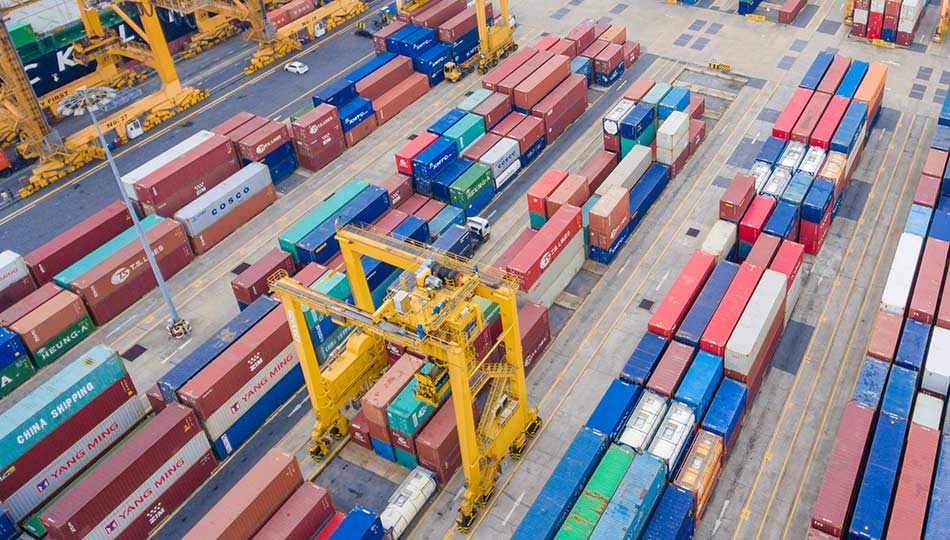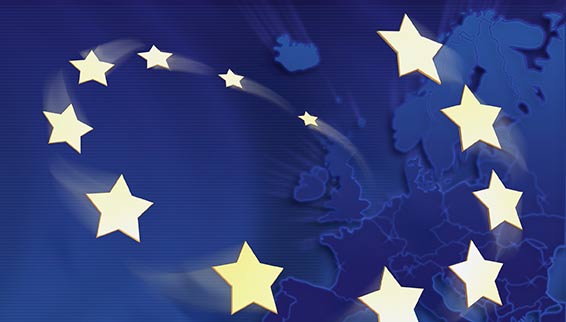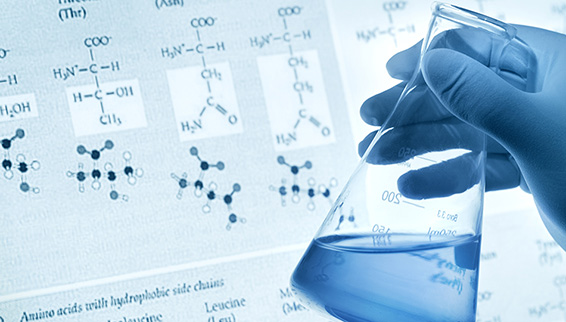What about imported products?
The EU legislation aims for safer use of chemicals also in the products you buy on the EU market. There are systems in place to ensure the safety of products, as well as to trace and withdraw unsafe ones.

The EU legislation has high safety standards. The General Product Safety Directive aims to ensure that only safe products are sold in the EU. Companies should only import and sell products that are safe and they should inform consumers of any risks of their products. They also have to make sure that dangerous products can be traced so they can be removed to avoid risks to consumers. Therefore, if you buy products that are not manufactured in the EU but imported from elsewhere, they still have to comply with the same standards of chemical safety. It is the importer of the products to the EU who is responsible for this.
Under the REACH regulation, companies importing products to Europe need to know if their products contain substances of very high concern above a certain level, and are required to pass this information on to retailers and to consumers upon request. Importers also need to know if their products contain chemicals that have been restricted in Europe – as for example, lead in jewellery.
Authorities can use restrictions under REACH to address unsafe products. These can, for example, limit or ban the use of a chemical – either on its own or in specific products.
Identifying and removing unsafe products from the EU market
If monitoring indicates that a product on the market may be unsafe, there are systems in place to address the issue and ensure its removal.
It is primarily the responsibility of national authorities in the Member States to check whether products on the market are safe and apply sanctions when necessary. They cooperate closely with customs to protect consumers from unsafe imported products coming from outside the EU.
To support this process, the European Commission is running a safety system called the Rapid Alert System, which enables the quick exchange of information between countries in the EU about dangerous non-food products that pose a risk to the health and safety of consumers.
When authorities in a Member State identify a dangerous product, the product can be withdrawn and the authority will inform the European Commission. The Commission will then inform the rest of the EU and publish a warning to consumers if the product is already on the market. If the product is detected at the border, the import will be stopped. If the product is imported from outside the EU, for example from China, the Chinese authorities will be informed.
ECHA publishes some of those products on our social media channels. If you would like to see the full report from the Rapid Alert System, follow the link below.
Read more
- Market surveillance – list of national authorities - European Commission
- Rapid Alert System for dangerous non-food products - European Commission
- European consumer centres - European Commission
- Specific products, standarts and risks - European Commission
Previous Next Layout
Read Also
-
 general
generalHow are chemicals controlled?
Life would not exist without chemicals - they are present in us, all around us, and in every product we buy. The European Union has the most ambitious chemicals laws in the world to protect us. Both companies and authorities have a role to play to improve safety.
READ MORE -
 general
generalIndustry to register chemicals
There are thousands of different chemicals on the market. Those used in Europe above one tonne need to be registered so we can know more about their potential impact on our health and the environment.
READ MORE
